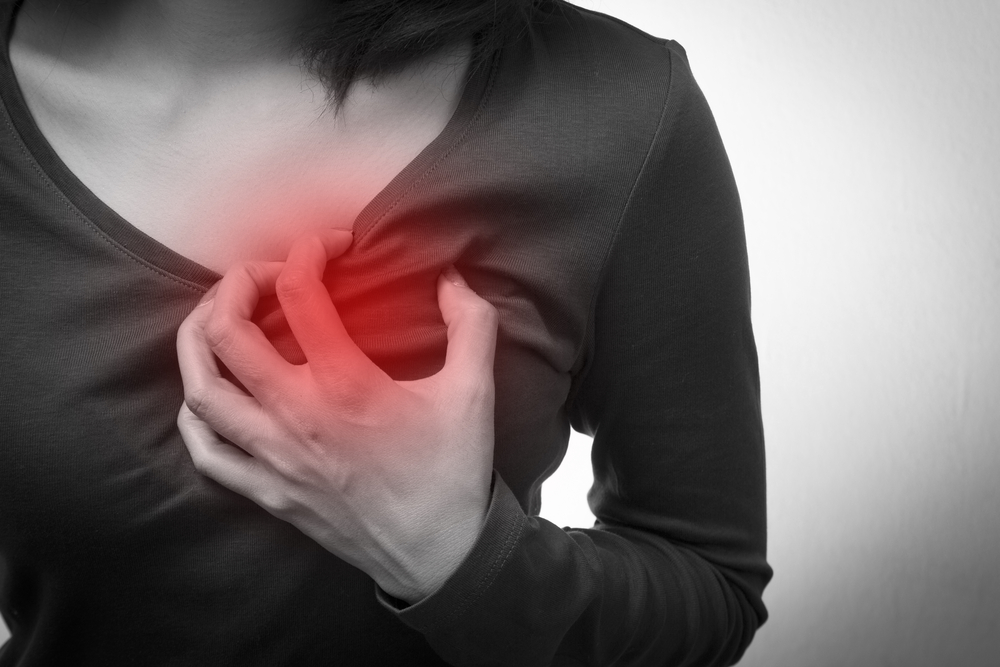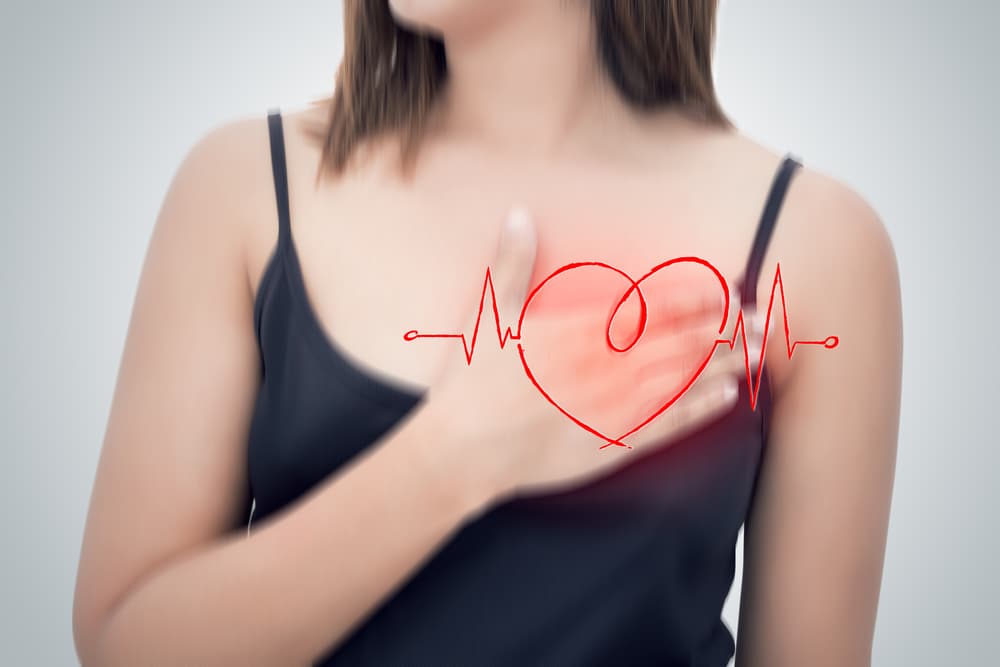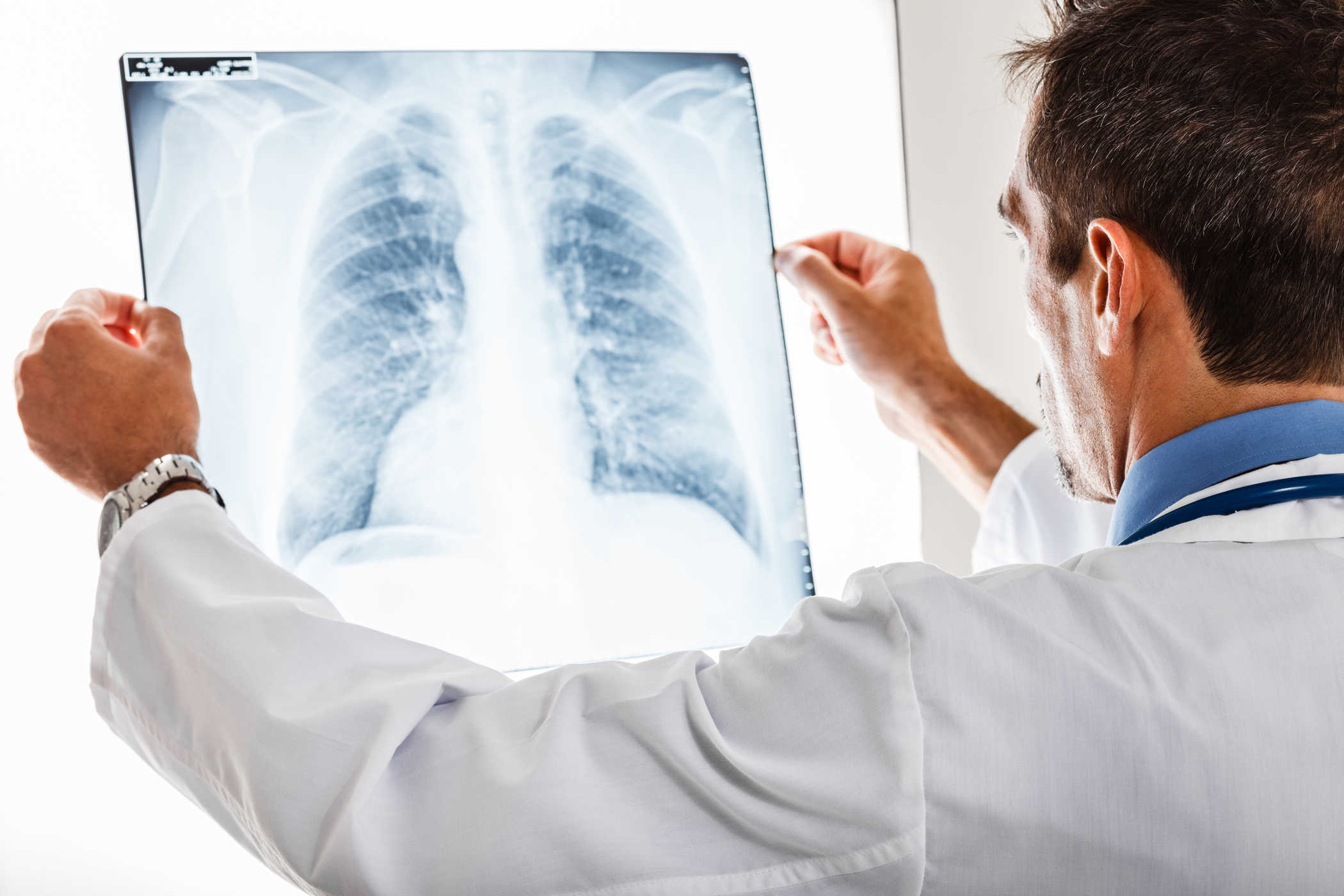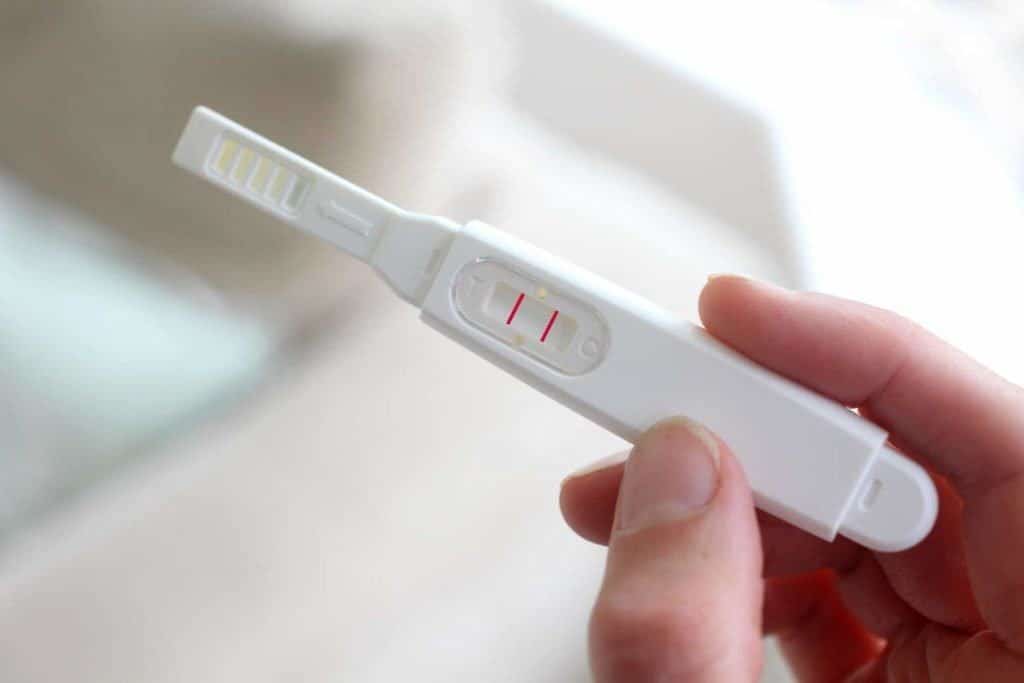Contents:
- Medical Video: 5 Common Signs of Heart Disease
- What is heart cancer?
- Signs and symptoms of heart cancer
- How can this disease appear?
- Treatment of heart cancer
Medical Video: 5 Common Signs of Heart Disease
Various heart problems such as a heart attack or heart failure may be quite common for the layman. However, what about heart cancer? Does this disease really exist?
Don't get me wrong, the heart as a vital organ can get cancer like other organs. In fact, this disease is actually very deadly even though it is rarely found. So, what is heart cancer and how can it happen? Check out the full review below.
What is heart cancer?
Heart cancer is known as a primary heart tumor, which is cancer that develops in the heart as the center of the body. This heart cancer is a very rare case. Reporting from the Mayo Clinic health research center, the average incidence was only found in one case in one year.
The cause of heart cancer is not certain. However, like most cancers in general, cancer starts from changes in cells that experience abnormal division. So for this case, these abnormal cells occur in heart cells.
Signs and symptoms of heart cancer
At first, heart cancer often does not cause any symptoms. However, if it has reached an advanced stage, the symptoms that are felt are similar to those of heart failure, including:
- Chest pain
- Irregular heart rhythm (arrhythmia)
- Hard to breathe
- Swelling in the legs and ankles
- Excessive anxiety and fatigue
- Fluid accumulation in the lungs
These symptoms begin when the tumor is smallexperience solving. The fragments of the tumor will then form a clot that blocks the flow in blood vessels (embolism). If this clot moves towards the heart and clogs the arteries near the heart, it will cause pain in the chest (angina).
How can this disease appear?
Heart cancer can develop in any part of the heart (primary). Although it looks rare, most types of cancer found in the heart come from other parts of the body before eventually spreading to the heart (secondary).
For example, lung cancer starts from the development of abnormal cells in the lungs which then spread to the heart or the layer around the heart (pericardial sac). Meanwhile, other cancers that can affect the heart are breast cancer, kidney cancer, lung cancer, leukemia, lymphoma, and melanoma. This is because cancer cells in the organ flow through blood vessels and spread to the heart organs.
Most primary tumors that occur in the heart are benign, such as sarcomas or a type of cancer that originates in the soft tissues of the body. While heart tumors that develop into cancer are only around 25 percent.
In adults, the most common malignant heart cancer is angiosarcoma, a cancer that tends to develop in the right upper chamber of the heart (atrium) and originates from a blood vessel. Angiosarcoma occurs when a clot of cancer cells successfully enters the heart atrium and spreads to organs adjacent to the heart.
Treatment of heart cancer
When a doctor suspects the development of a tumor in the heart, you will be asked to undergo a number of tests, including:
- MRI, a scanner that utilizes magnetic fields and radio wave energy to display images of organ structures in the body
- Echocardiogram, a procedure that uses high frequency sound waves (ultrasound) to see heart function and heart structure
- ECG (electrocardiogram), a test that records electrical activity in the heart
For the treatment of heart cancer itself is carried out like cancer in general such as chemotherapy, radiation, and hormone therapy. The main focus of this treatment is how cancer can be cured permanently or at least reduce the symptoms that are felt.
Unfortunately, these methods can have an impact on heart performance. Generally, heart damage is reversible or can be repaired and cured. However, in some cases, other heart damage is permanent and cannot be cured.













